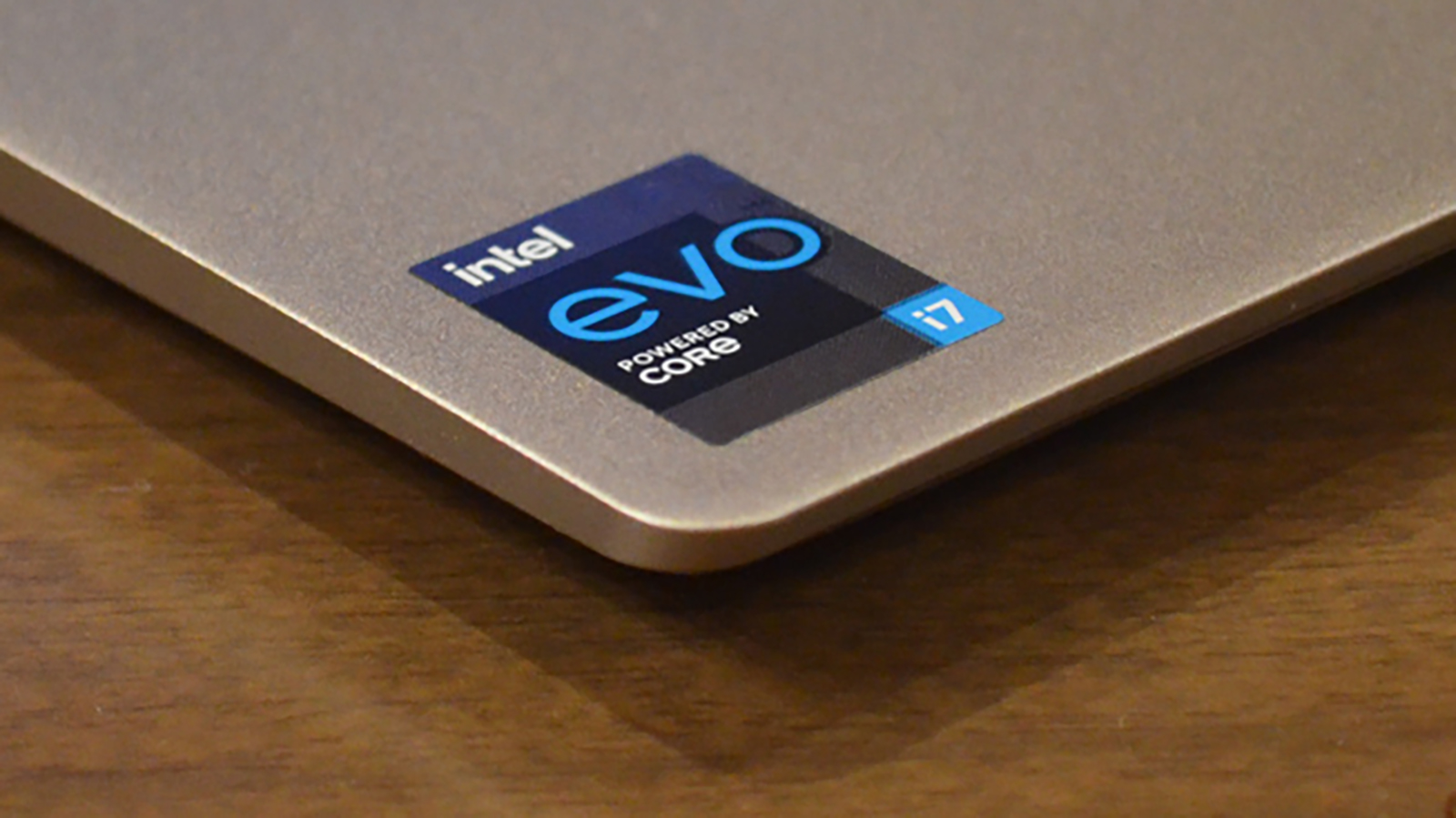Intel reveals new Clover Falls AI-powered coprocessor for Intel Evo platform
Intel Evo is getting some new AI-features in 2021

Intel unveiled their latest enhancement to their Intel Evo mobile computing platform this week: Clover Falls, an AI-powered coprocessor that Intel says will noticeably improve laptop power efficiency and battery life going forward.
In their announcement, Intel calls the new chip the Intel Visual Sensing Controller - codenamed Clover Falls - and calls it "a secure companion chip that helps make PCs more smart and secure through the power of Intel artificial intelligence."
- Intel vs AMD: which chipmaker does processors better
- Intel could steal back its gaming performance crown from AMD
- Intel wants to reinvent the SSD and unleashes an Optane monster
Initially, the chip will be shipped in commercial laptops as an enhancement to the Intel Evo mobility platform - which is a partnership between Intel and manufacturers to streamline a laptop's entire hardware platform, not just the CPU, to be more energy efficient - and will presumably ship in consumer-market laptops sometime after that.
"The co-engineering effort involves Intel’s dedication to tackling unique product challenges together and taking the entirety of the system into consideration – all so we can deliver amazing new platform features to business users," said Dell Latitude and Mobility Products' vice president, Meghana Patwardhan.
We've reached out to Intel for more details about what the chip can do and how it will help improve power efficiency, so we'll update this story if we hear back from the company.
How does it work?
So far, the only example Intel gave for how this new chip works in practice is sensing the presence of a user in front of the screen and adjusting the screen brightness accordingly.
A laptop display definitely has one of the biggest appetites of any component of the machine, so reducing power to the screen by reducing brightness when you're not actually looking at it would be a huge battery saver.
Sign up for breaking news, reviews, opinion, top tech deals, and more.
There are a lot of background operations that an idle laptop could delegate to a low-powered co-processor instead of expending more energy to wake an idle CPU, as PCWorld notes, but whether Clover Falls will be tasked with carrying out these tasks isn't clear yet.
Intel's alluding to security in its announcement also points to security features like facial recognition and similar tasks that would be well in line with an AI-coprocessor's responsibilities, but Intel hasn't revealed any specifics about that yet.
- Stay up to date on all the latest tech news with the TechRadar newsletter

John (He/Him) is the Components Editor here at TechRadar and he is also a programmer, gamer, activist, and Brooklyn College alum currently living in Brooklyn, NY.
Named by the CTA as a CES 2020 Media Trailblazer for his science and technology reporting, John specializes in all areas of computer science, including industry news, hardware reviews, PC gaming, as well as general science writing and the social impact of the tech industry.
You can find him online on Bluesky @johnloeffler.bsky.social